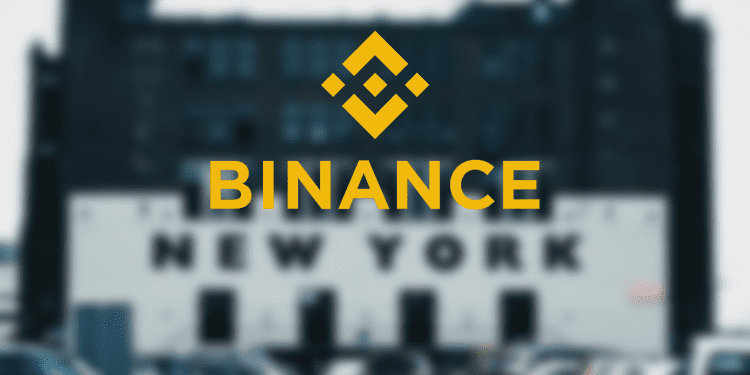- Circle made a report to NYDFS against Binance in the autumn of last year.
- Circle accused Binance of mismanaging reserves and not having sufficient crypto in the reserves to support all the tokens that the exchange issued.
- Paxos has been ordered to stop its partnership with Binance and it faces a lawsuit by the SEC for selling BUSD.
Circle Internet Finance Ltd., the issuer of the USDC stablecoin, filed a complaint with the New York State Department of Financial Services (NYDFS) regarding Binance’s mismanagement of reserves for its tokens. According to Bloomberg’s report, the stablecoin giant informed the NYDFS last year that Binance did not hold enough in its reserve to back all its issued tokens. According to a source familiar with the matter, this discovery by Circle was made after the analysis of Blockchain data.
This complaint, filed last autumn, may have led to the ongoing regulatory crackdown on Binance and Paxos. The crackdown has led to Paxos, which not only shares a regulator with Circle but is also a stablecoin issuer, being ordered by the regulator to cease its agreement and partnership with Binance. The NYDFS issued a statement regarding the matter where they cited “several unresolved issues related to Paxos’ oversight of its relationship with Binance regarding Paxos-issued BUSD.”
A spokesperson for the New York watchdog stated via email:
“The NYDFS determined that Paxos could not operate BUSD safely and soundly based on extensive supervisory engagement, a recent examination, and failure of Paxos to remediate material issues related to Paxos-issued BUSD in a timely manner.”
He added that Paxos failed to address critical deficiencies, which necessitated further Department action. This led to NYDFS ordering Paxos to cease minting Paxos-issued BUSD. “The Department is monitoring Paxos closely to verify that the company can facilitate redemptions in an orderly fashion subject to enhanced, risk-based compliance protocols,” he said.
Paxos issued a statement announcing that it would end its relationship with Binance for the branded stablecoin BUSD in compliance with the regulator’s order. As a result, Paxos will stop minting new BUSD from the 21st of February. The firm also affirmed that the BUSD token has and will be backed 1:1 with US dollar-dominated reserves held in bankruptcy remote accounts.
The issue attracted the SEC, which issued a Wells Notice stating that BUSD is not a security under federal securities law. As a result, Paxos is looking at a potential lawsuit for selling unregistered securities. Paxos responded by saying:
“Paxos categorically disagrees with the SEC staff because BUSD is not a security under the federal securities laws. This SEC Wells notice pertains only to BUSD. To be clear, there are unequivocally no other allegations against Paxos. “
Binance’s Hand in the Matter
Binance and Circle are rivals in the stablecoin market as Binance issues BUSD, whereas Circle issues USDC. Last September, Binance put in place a policy to automatically converted all USDC and other stablecoin deposits on its exchange into BUSD. This led to a decrease in Circle’s share of the stablecoin market, which could have provoked Circle into reporting its discovery.
However, Binance has been on the hot seat concerning its reserves. Earlier this year, it was discovered that the exchange was storing reserves for almost half of their B-tokens with customers’ assets, a mistake the conversation admitted.
Regarding the halting of their partnership, Binance’s CEO stated that since the stablecoin is fully managed and owned by Paxos, the market should expect BUSD’s cap to reduce, adding that the SEC’s lawsuit against Paxos was between the two and that Binance had no part in it.














